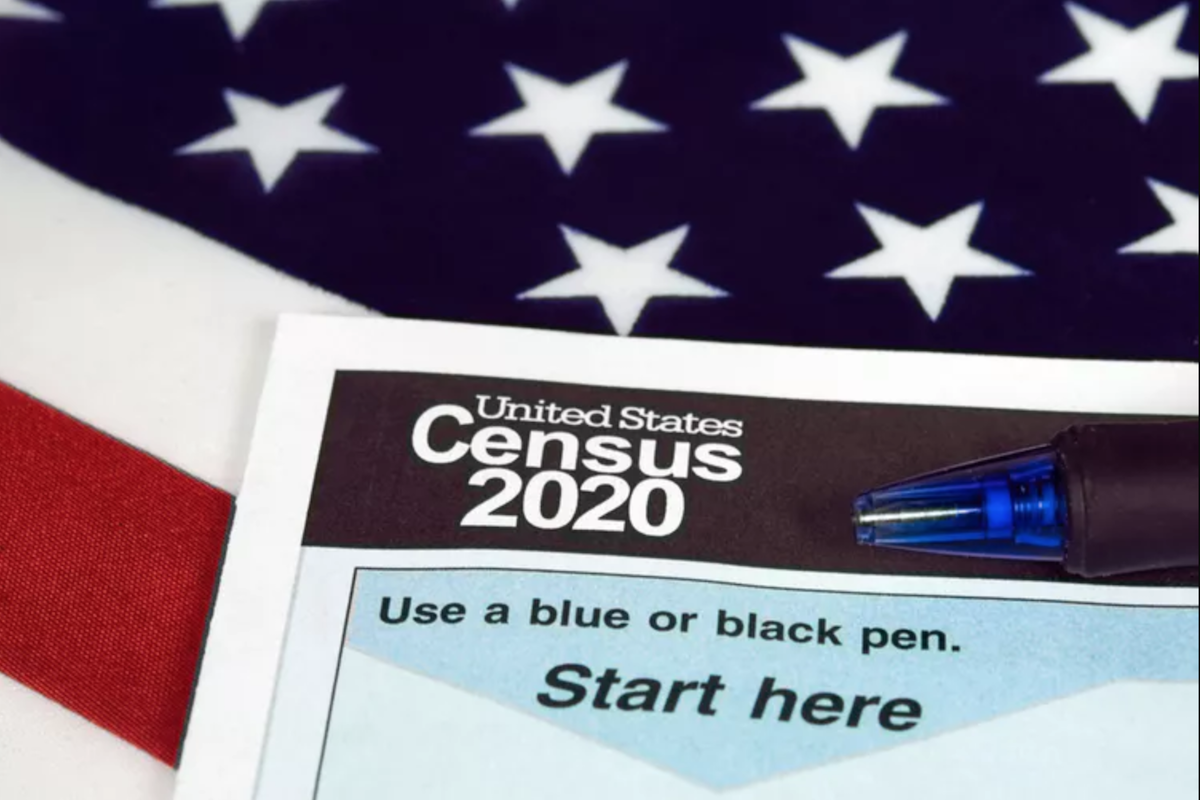

Citizenship may be included in the next census questionnaire. Maria Dryfhout/shutterstock.com
The 2020 census’ proposed citizenship question has emerged as the single greatest threat to the fair representation of Latinos in this country. But the deepest tragedy of the situation is that the census, if implemented correctly, embodies so much potential for good. The census could be nothing less than a tool of redemption—one that would redeem this nation from our original sins of racism, fairly counting and empowering communities of color long marginalized from our political system.
The racist logic behind the 2020 census has been explicit. Documents reported by NPR’s Hansi Lo Wang prove that a GOP strategist named Tom Hofeller sought to design a census that would, in his own words, be “advantageous to Republicans and non-Hispanic whites.”
The documents confirm what many of us had suspected: the addition of the citizenship question was done in bad faith. Hofeller explicitly sought ways to keep people of color from responding to the census, picking the citizenship question as the best means to do so. Even worse, the census is being overseen by an administration that is already notoriously anti-immigrant. Latino communities are already fearful of any interaction with government. Now that fear will be weaponized to design a government that serves Latinos even less.
Why the Census Matters
If any nice thing can be said about a man like Hofeller, it is that he truly understood the relation between the census and redistricting. This is something our own community must understand.
We all know that 2020 is an election year, but it’s also an enumeration year. It may seem far off, but the census only occurs every 10 years. The Supreme Court will be deciding this month if the question will be on the census, and with that the printing of the census will begin. But people like Hofeller have been scheming since 2010. The timeline is moving fast and must share the stage with a crucial presidential election. This surfacing of this document wasn’t anything new, but it reminds us what’s at stake.
In communities that are especially hard to count, an accurate count could be revolutionary. In an underfunded public school, having enough desks so that every child can sit comfortably is significant. Imagining that each district is accurately represented in government raises up the dignity of that community. In a town where there are never quite enough hospital beds for everyone, an accurate census allows a person to think of what could be. The 2020 census could be a small step in helping us to absolve our country’s sin of racism.
Who Was the Census Meant For?
The first census did not include a citizenship question, but it also was only meant for“free white males.” The original census did not intend to include anyone else in its count and this shows when we look at which communities are undercounted year after year.
For example, look at how Latinos were counted in 2010:
- Approximately 400,000 young Latino children ages 0 to 4 were left uncounted by the 2010 Census.
- The net undercount rate for young Latino children was 7.1 percent, compared to 4.3 percent for non-Latinos.
- Five states —California, Texas, Florida, Arizona, and New York— accounted for 72 percent of the national net undercount of young Latinos.
How can Latinos be the nation’s second largest population and still be this undercounted? Because men like Hofeller know who they want to fill out this census. Because of an administration that has painted the census as a tool for only a few in this country to use. Because of a history that said we only count “free white men.” The 2020 census has an opportunity to reconcile this historical injustice.
No one thought that the GOP was innocent, but this document is another confirmation of the magnitude of racism we are dealing with at the highest and most strategic levels. More than that, it’s a reminder that the census was not made for us in the first place and there are people actively working to keep it that way.
In the thick of a political system that frequently feels like an uphill battle, hope must not be underestimated. Hope is for every community. It is what sustains us in our constant battle for representation. There are men and parties working to rob of us of that, but our life experiences, alongside the statistics of who are undercounted remind us that the stakes are too high to dismiss the hope of a redemptive census.
Additional editing by Antonio De Loera-Brust.
***
Melissa Cedillo is a Campaigns Associate at Faith in Public Life in Washington, D.C. She graduated from Loyola Marymount in 2018 with a degree in theological studies. She will begin at Harvard Divinity School this fall to pursue her master’s in theological studies: she is passionate about Latinx Faith depictions. Melissa tweets from @melissann19.


